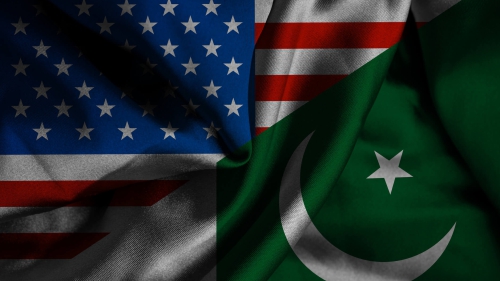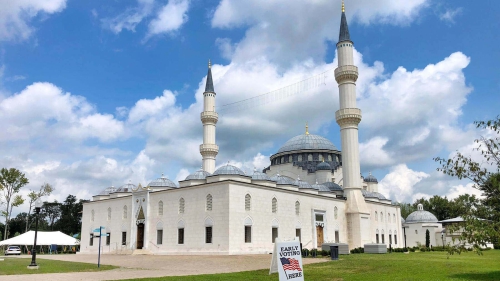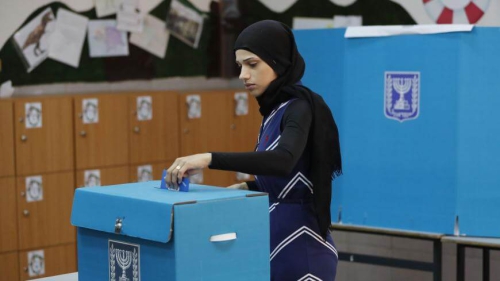Determining the Outcome of Sri Lanka Election
Tuesday's elections in Sri Lanka were both unique and dramatic. Although past election experiences have had their own unique characteristics, this time new circumstances have emerged, such as the major split in the Sinhalese parties. President of Sri Lanka, Chandrika Kumartunga made a notable comeback. Her comeback however, is credited to a bombing blamed on the Tamil Tigers rebels, which injured Mr. Kumartunga, raising her chances of being re-elected.
11 candidates have participated in the elections. Some with great chances for victory, others with no chances at all. Kumartunga's main opponent, Ranil Wickremesinghe is the United National Party candidate. Ranil has called for unconditional peace negotiations with the Tamil rebels, rejecting therefore, the President's proposed regional autonomy.
The dispute among Sri Lankans, divided into a more powerful and influential majority of Sinhalese (mainly Buddhists) and a minority of Tamil (mainly Hindu and Christians) have lingered for many years. Although discrimination against the Tamil minority was cited immediately after the country gained its independence from Britain in 1948, the civil war itself started in 1983. The Tamil rebellion of 1983 aimed at partitioning the country, as Sinhalese discrimination was no longer tolerated. After 16 years of fierce battles, 55,000 are reported dead and over 1.2 million people have been displaced in a total population estimated at 18.6 million.
Most Tamil parties that supported President Chandrika Kumartunga in her quest for office in 1994 are now vowing to withdraw their support. Mistrust of Kumartunga and her policies have accumulated throughout recent years.
Three months of fruitless talks between the government and rebels have generated nothing but the anger of the Liberation Tigers of Tamil Eelam (LTTE) who appear to want Kumartunga out of office at all costs. Recent bombings, which claimed the lives of 33 people, injuring the President herself, are widely understood as the rebels' way of expressing their dissatisfaction with Kumartunga's policy, conduct and empty promises.
A recent battlefield victory claimed by the Tamil rebels has caused many to believe that the President's days in office are almost over. Yet a few days after the bombing, Kumartunga's appearance on television with bandages covering her head and eye, made many speculate that a sympathy vote might tip the scale back in her favor. It is evident, nonetheless, that the President is still struggling from uncertainty and the lack of a clear political agenda. Such an argument can simply be validated by reviewing her campaign vows where she asked to be granted a broader mandate, to either pursue peace with the rebels or simply crush them militarily. Aside from the fact that such a demand reflects Kumartunga's uncertainty, her five years in office have proved that she lacks skill, military might and political expertise.
Wickremesinghe, on the other hand, is calling for direct talks with rebels, promising an end to the conflict, which started while his party possessed power. Tamil parties however, have learned not to trust such promises following their recent experience with the President herself.
Although the nine other candidates have little chances of winning, their chances are increasing as a result of the Sinhalese political fragmentation. If neither major candidates fail to win an absolute majority, the second preference marked on the ballot thereafter determines the winner.
The very violent turn that Sri Lanka has chosen to take in the last two decades had complicated the problem and widened the dispute. The Sri Lankan civil war is no longer related to the proclaiming of the Sinhalese language as the mother tongue and to school discrimination. Though the government has reinstated the Tamil language in schools and repealed the one language law, the war continues as fiercely as ever. Primary questions are to be answered after the conclusion of this week's election, regardless of the winner. How far is the elected President willing to go so an end to the bloody dispute can be attained? That question shall become the focus of the two groups for the next a few months.

















